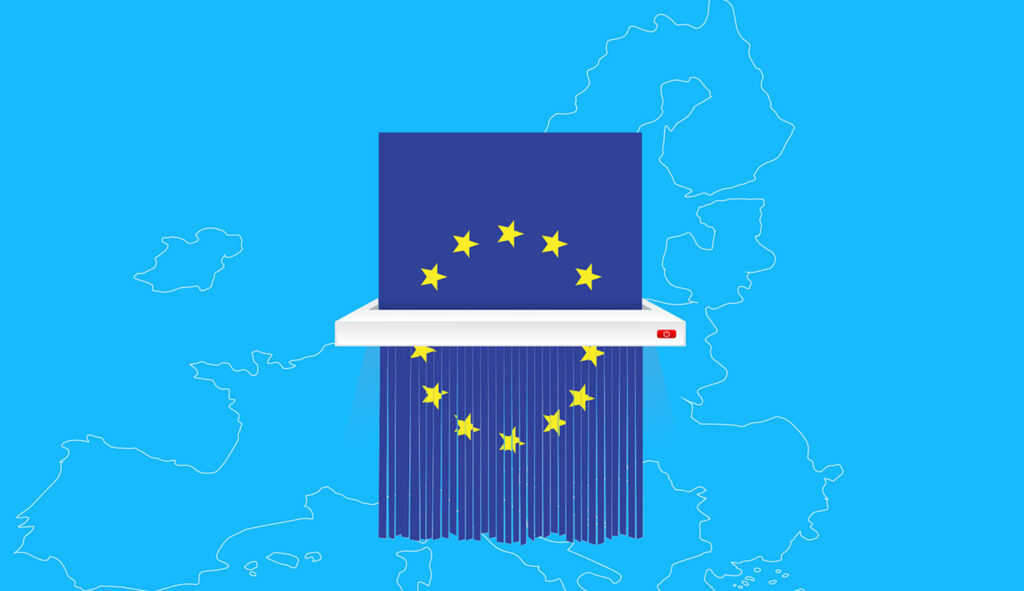In a previous post, I explored the intricacies and potential challenges of regulating AI, particularly how such regulations might slow down the pace of AI development. This concern is rooted in the understanding that over-regulation can stifle innovation, limiting the ability of AI to reach its full potential in transforming various sectors of our economy and society. However, the recent news about the EU’s AI Act passing, with unanimous backing from all 27 EU member states, marks a pivotal moment in this ongoing dialogue.
The unanimous support for the AI Act across all EU member states is a remarkable development. It reflects a shared vision for the future of AI, one that values both innovation and ethical responsibility. This consensus is significant because it demonstrates a collective understanding of the importance of AI and the need for a harmonized approach to its regulation. The fact that all 27 members have agreed on this text suggests that the concerns about over-regulation might be addressed in a balanced manner within the Act.
What is particularly encouraging about this development is the Act’s risk-based approach. By focusing on high-risk scenarios, the EU is acknowledging that not all AI applications are created equal. This differentiation is crucial because it allows for the nurturing of AI in low-risk areas, where innovation can proceed with less regulatory burden, while ensuring stringent checks in areas where the stakes are higher. This approach might well mitigate the concerns I previously expressed about the potential for regulations to impede AI development.
Moreover, the Act’s phased implementation strategy is a thoughtful consideration, allowing businesses and organizations time to adapt. This aspect of the Act shows a nuanced understanding of the practicalities of regulation. It’s not just about setting rules; it’s about integrating them into the fabric of our technological and economic systems in a way that is manageable and conducive to growth.
In conclusion, while the concern about regulations slowing down AI development is valid, the EU’s AI Act appears to be a well-considered response to this complex challenge. The unanimous support from EU member states is a strong endorsement of the Act’s approach. As we move forward, it will be interesting to observe how this regulation impacts AI’s trajectory in Europe and whether it can indeed strike the right balance between fostering innovation and ensuring ethical, safe, and responsible use of AI technologies.
Title image from Tibor Janosi Mozes on Pixabay


